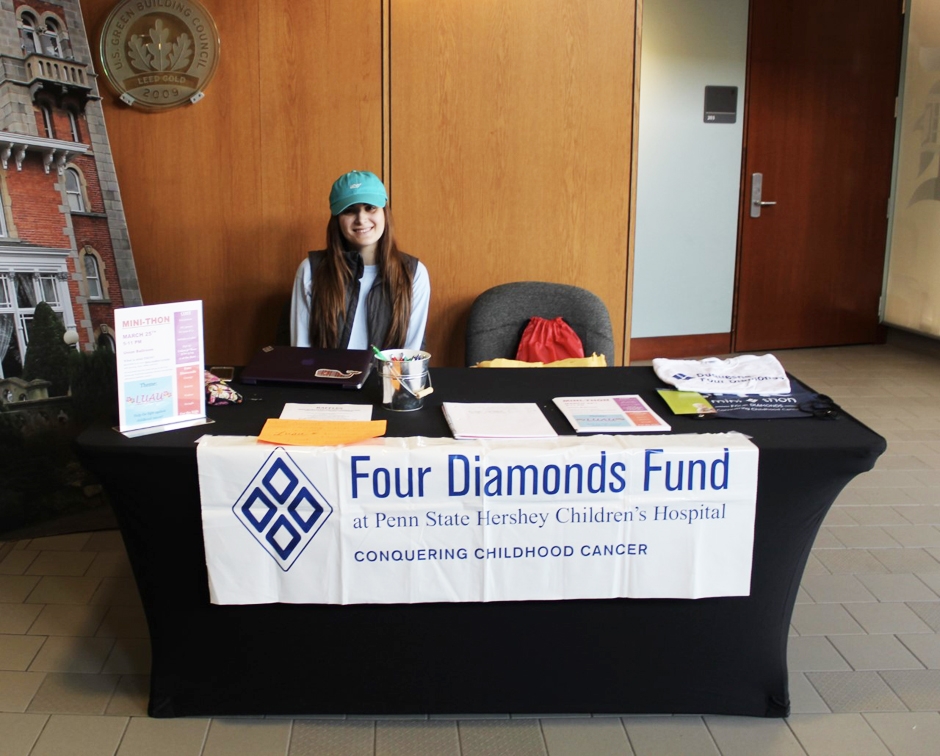04/25/2019
By Ollie Gratzinger | Opinions Editor
Searching for the right job is no walk in the park. College grads would be hard-pressed to name a bigger source of stress than answering the dreaded question, “What comes next?”
But for gay and transgender Americans, the job search is made all the more difficult by the fact that courts are split on whether or not it’s illegal to fire or refuse to hire someone on the basis of sexual orientation or gender identity. On April 22, the Supreme Court announced that it’ll take on a set of cases that could decide once and for all if LGBTQ+ folks are protected under anti-discrimination laws like the Civil Rights Act of 1964.
There are three cases that will be heard when the new term begins in October: Altitude Express Inc. v. Zarda, Bostock v. Clayton County, Georgia and R.G. & G.R. Harris Funeral Homes v. Equal Employment Opportunity Commission. In the first, a skydiving instructor alleged that he was fired after it became known that he was gay. He is now deceased, but his sister and life partner are carrying on with the suit on his behalf, according to USA Today. Likewise, in Bostock v. Clayton County, Georgia, Gerald Bostock claims he was fired from his position as a child welfare employee because he was gay. In the final case, Aimee Stephens, a transgender funeral home employee from Michigan, alleges that she was fired after coming out and transitioning.
If the Supreme Court rules in favor of the plaintiffs — the folks alleging that they were discriminated against — these cases could become landmarks in the community’s fight for equal protections under federal law.
Most states don’t outright ban discrimination on the basis of sexual orientation and gender identity. According to Vox, the states that protect both gay and transgender folks from prejudice in the workplace are as follows: Washington, Oregon, California, Nevada, Utah, Colorado, New Mexico, Minnesota, Iowa, Illinois, New York, Hawaii, Maryland, Washington D.C., Delaware, New Jersey, Connecticut, Rhode Island, Massachusetts, New Hampshire, Vermont and Maine. Wisconsin offers protections on the basis of sexual orientation, but not gender identity. None of the remaining states offer any protections at all. Note that Pennsylvania is not among the “safe” states for people who identify as LGBTQ+.
On the same note, only 14 states explicitly prohibit anti-LGBTQ+ discrimination in schools. Pennsylvania is not among those states, either.
Peace of mind for the LGBTQ+ community has been tested time and time again under the Trump administration. On April 12, the president’s proposition to ban transgender folks from serving in the military went into effect. Now, the only way transgender soldiers are able to serve is if they were diagnosed with gender dysphoria before the ban took place. If they were unable to rush to a doctor’s office to obtain a diagnosis, they could be discharged. This pushed some folks into coming out before they were ready, and pushed others out of their careers.
In 2020, the Naval Academy will ban transgender students from enlisting. According to USA Today, previous medical intervention, like hormone replacement therapy (HRT) or gender-affirming surgeries, could disqualify prospective students from applying.
Visiting the military organizations’ websites yields flowered language. The Coast Guard’s website reads, “The revised military transgender service policy is not a ban on transgender individuals. There are many transgender members serving today with honor and distinction in all of the Armed Services.”
However, it later goes on to say that one cannot serve unless they are capable of serving in the sex they were assigned at birth. Thus, a history of transitional measures is disqualifying. The website continues to say that a diagnosis of gender dysphoria could be disqualifying unless “the service member is willing and able to adhere to all applicable standards, including the standards associated with his or her biological sex.”
The military ban is only one example of hardships faced by the LGBTQ+ community that could be resolved, or at least improved, if the Supreme Court rules that gay and transgender people are protected under federal anti-discrimination laws. LGBTQ+ individuals want the same things as their heterosexual, cisgender counterparts: The right to exist freely, without fear of discrimination in their search for employment or housing or access to public accommodations. To provide for their families. To advance in their careers. To pursue their happiness. The government has no right to deny people these things on any basis, let alone the basis of sexual orientation or gender identity.
If the Supreme Court rules in favor of the plaintiffs, the cases will live in fame alongside other landmarks, like Obergefell v. Hodges in 2015, in which gay marriage was legalized nationally, and Lawrence v. Texas in 2003, which decriminalized homosexuality and revoked sodomy laws throughout the entire country.
If the highest courts rule against the plaintiffs, the cruel Trumpian policies of discrimination will be validated, and the liberation movements of the LGBTQ+ community will be set back by decades.




